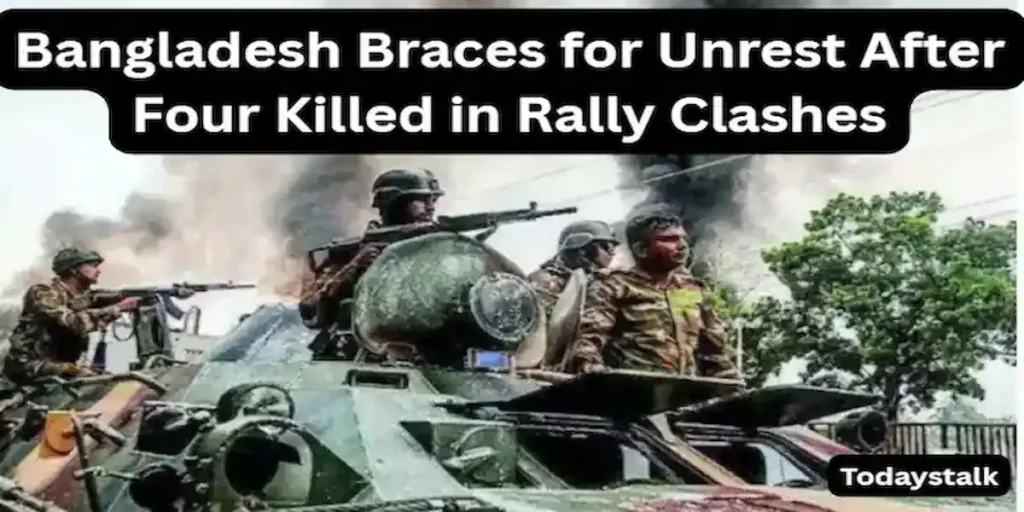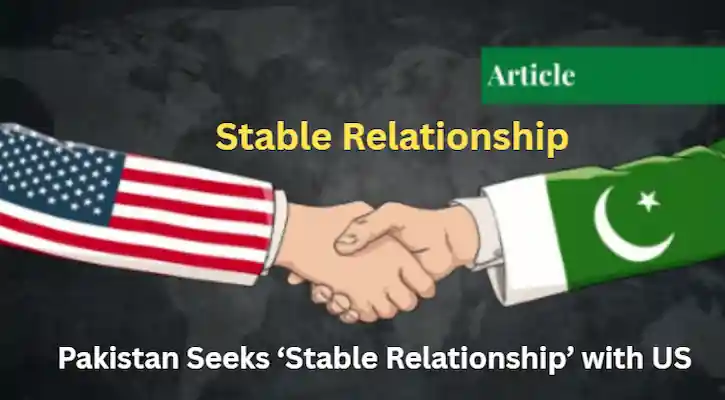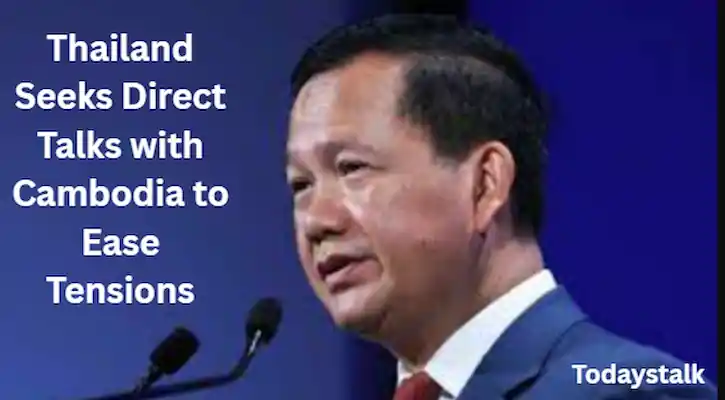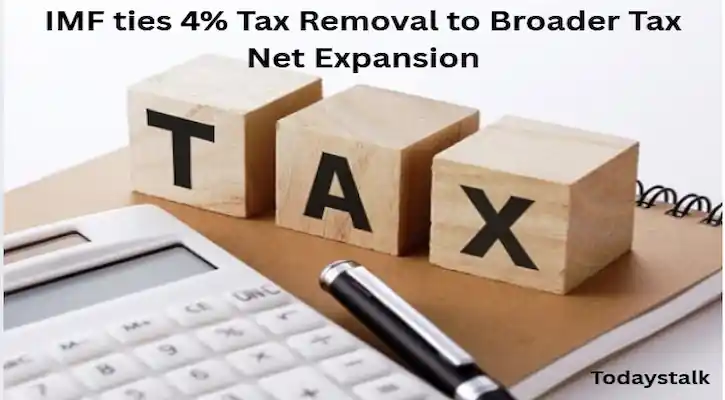As Bangladesh braces for further unrest after four killed in clashes at rally
As Bangladesh braces for further unrest after four killed in clashes at rally, tensions continue to rise across the country, highlighting deep political divisions and concerns about governance, stability, and human rights.
The recent violence during a political rally in Dhaka has sparked fear of a prolonged cycle of protests and government crackdowns, as opposition groups call for fresh demonstrations while security forces tighten their grip on key urban centers.
What Happened During the Clashes?
The clashes erupted during a large opposition rally in Dhaka, where demonstrators demanded electoral reforms, the resignation of senior government officials, and an end to alleged corruption.
Witnesses reported that the rally turned violent after clashes broke out between protestors and police, leading to chaos in the streets.
Tragically, four people lost their lives during these confrontations, while dozens sustained injuries.
Security forces used tear gas and rubber bullets to disperse crowds, while some protestors retaliated by throwing stones and setting vehicles ablaze.
As Bangladesh braces for further unrest after four killed in clashes at rally, the opposition has announced plans for additional rallies across major cities, raising the possibility of escalating confrontations between security forces and protestors.
Root Causes of the Unrest
The current wave of protests stems from multiple factors, including dissatisfaction with governance, rising inflation, and allegations of corruption among high-ranking officials.
Additionally, concerns about shrinking democratic spaces, suppression of dissent, and limited press freedom have fueled anger among the youth and civil society groups.
For many in Bangladesh, the protests represent a cry for accountability and political reform, while for the government, the unrest is seen as a threat to stability and order.
As Bangladesh braces for further unrest after four killed in clashes at rally, the contrasting narratives reflect a deeper struggle between citizens demanding change and a government focused on retaining control.

Government Response and Security Measures
Following the deadly clashes, the Bangladeshi government has ramped up security in Dhaka and other key regions, deploying additional police and paramilitary forces to prevent further violence.
Checkpoints have been established across the capital, with authorities closely monitoring gatherings and social media channels for signs of upcoming protests.
While the government has expressed regret over the loss of lives, it has also defended the security forces’ actions, citing the need to protect public property and maintain law and order.
However, human rights organizations have raised concerns about the excessive use of force against unarmed protestors, urging the authorities to exercise restraint and engage in dialogue.
Opposition’s Stance and Future Plans
Opposition leaders have condemned the government’s handling of the protests, accusing it of using violence to silence dissent.
They have called for an independent investigation into the deaths during the rally, demanding justice for the victims and accountability for those responsible for ordering the crackdown.
As Bangladesh braces for further unrest after four killed in clashes at rally, opposition parties plan to hold nationwide protests in the coming days, vowing to continue their struggle until their demands for electoral reforms and transparent governance are met.
Impact on Daily Life and Economy
The ongoing protests and heightened security measures have begun to affect daily life in Bangladesh.
Roads remain blocked during demonstrations, schools have experienced disruptions, and businesses report declining sales due to uncertainty and fear among citizens.
Moreover, the economic impact of continued unrest could be significant, as investor confidence may decline, affecting Bangladesh’s garment exports and foreign investment inflows.
Rising inflation and economic instability could further fuel dissatisfaction, creating a cycle that perpetuates unrest.
Regional and International Reactions
Neighboring countries and international organizations are monitoring the situation closely, expressing concern about the potential for violence to escalate.
Human rights groups have urged the Bangladeshi government to respect the rights of peaceful protestors while ensuring public safety.
Additionally, calls for dialogue between the government and opposition leaders have emerged from international stakeholders, emphasizing that political differences must be resolved through negotiations rather than violence.
The Path Forward: Dialogue and Reform
As Bangladesh braces for further unrest after four killed in clashes at rally, it is evident that a sustainable solution requires open dialogue and meaningful reforms. The government and opposition must prioritize the safety and well-being of citizens while addressing the underlying grievances driving the protests. Key steps that could de-escalate tensions include:
- Independent investigations into the deaths and violence during rallies.
- Dialogue between government and opposition leaders to address electoral and governance concerns.
- Commitments to uphold human rights and protect the right to peaceful assembly.
- Socioeconomic policies to address inflation and improve livelihoods.
By focusing on dialogue, accountability, and reforms, Bangladesh can prevent further violence and foster a political environment where citizens can express their views without fear of repression.
Public Sentiment and Social Media Reaction
The deaths of protestors have sparked anger and sadness among many Bangladeshis, with social media platforms filled with tributes to the victims and calls for justice.
Hashtags demanding accountability and freedom for detained protestors continue to trend, indicating widespread public interest in the government’s next steps.
While fear of crackdowns remains, citizens continue to demand their right to peaceful protest, emphasizing that violence against unarmed civilians will only strengthen their resolve for change.
Conclusion: A Critical Juncture for Bangladesh
The current crisis underscores the urgent need for Bangladesh to address democratic concerns and protect human rights while ensuring stability.
As Bangladesh braces for further unrest after four killed in clashes at rally, the choices made by its leaders will determine the country’s trajectory in the coming months.
By prioritizing dialogue, transparency, and reforms, Bangladesh has the opportunity to resolve political tensions and build a more inclusive society.
However, continued violence and suppression could deepen divides, affecting the nation’s stability and future prosperity.
The coming days will reveal whether Bangladesh can navigate this crisis with wisdom and empathy, ensuring that the lives lost in the struggle for accountability were not in vain.









 Bitcoin
Bitcoin  Ethereum
Ethereum  XRP
XRP  Tether
Tether  Solana
Solana  TRON
TRON  Dogecoin
Dogecoin  Litecoin
Litecoin